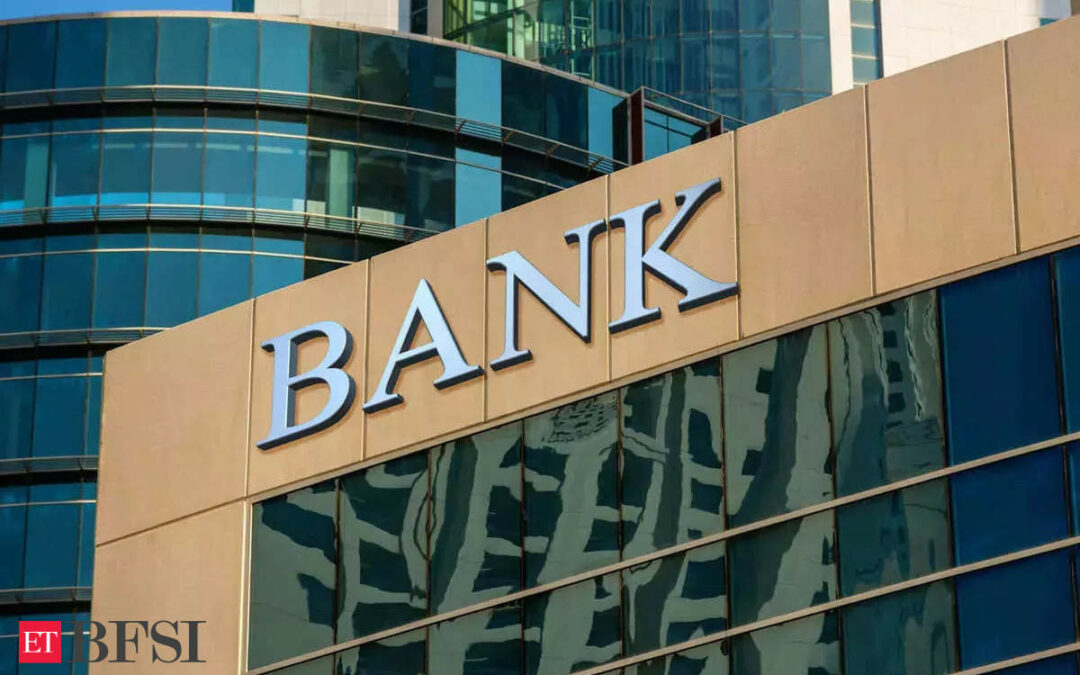Mumbai: After year-long negotiations, high-street banks and stressed asset firms last week adopted a ‘model agreement’ for selling loans, but were unable to reach a meeting point on the tricky issue of ‘indemnity’ which banks typically refuse to give once sticky assets move out of their books.
Lenders, according to documents reviewed by ET, would also have the right to declare an account as ‘fraud’ and make asset reconstruction companies (ARCs) that acquired the stressed loan responsible for dealing with the investigative agencies looking into the offence.
Even though a model template settles several differences arising in the course of loan sales, the two issues, pertaining to indemnity and fraud, place selling banks at a comparatively advantageous position.
Lenders, under the aegis of the industry body Indian Banks’ Association, on May 17 approved a final draft of the Model Assignment Agreement and Model Trust Deed for adaptation by member banks, financial institutions, finance companies and ARCs, said a note sent to all banks.
The standardised agreement between buying ARCs and selling banks is expected to bring in greater transparency and fair play, said a senior banker involved in the drafting.
ARCs had been nudging banks to offer indemnity even after selling loans to take care of situations where damaging facts, which were not known at the point of sale, surfaced later. However, large banks, unwilling to deal with such eventualities once they wash their hands of an asset, used their influence to scuttle the proposal. Now, the provision of ‘indemnity’ would be decided on a case-to-case basis between the buyer and the seller. As the model agreement says, “…to be retained or deleted basis mutual agreement between parties, along with the terms thereof.”
Over the last few years, selling banks have refrained from giving indemnity on the loans assigned to ARC. Typically, the ARC would want the bank to provide a written commitment that there are no third-party claims on the assets being sold along with the loan or that there are no other legal claims (other than those disclosed) on the asset. “Banks, particularly the large ones, have avoided indemnity by asking ARCs to do proper due diligence before buying it,” pointed out a senior person from the ARC industry. “But the fact is that indemnity is required for things not shown to us in due diligence,” she added.The ARC seeks indemnity to protect itself from any unknown claim that may arise after acquiring the loan in its books against full cash payment.
It was also decided that any sharing of liability in the wake of devolvement and invocation of guarantees or any non-fund facilities would depend on the commercial terms agreed between the buyer and seller, and would be kept outside the model agreement.
HANDLING FRAUD ACCOUNTS
On the fraud account issue, the model agreement says that if the selling bank (post the sale of debt to an ARC), receives instruction from any relevant statutory authority to classify the loan as ‘fraud’, then, notwithstanding the assignment having taken effect, the bank will have a right to declare the loans as fraud on a future date.
The document further adds that after reporting the account as fraud, it will be the sole responsibility of the ARC to monitor and file complaints with law enforcement agencies and proceedings related to such complaints.
If the loan is sold for full cash, it is deemed a ‘true sale’, and the bank should not have any control over the treatment or resolution of the account.
The agreement says that banks and ARC can mutually decide on the course of action, but banks will have the final right to decide the necessary steps for declaring the account fraudulent.
According to industry estimates, ARCs have acquired nearly ₹10 lakh crore of bad loans from banks since starting operations in 2003.
These loans are acquired against cash or a combination of cash and security receipts (SR), which are securities whose return is linked to the recovery from the underlying loans. The ARCs have issued close to ₹2.85 lakh crore of SRs, and of this, nearly ₹1.5 lakh crore of SRs are redeemed.










